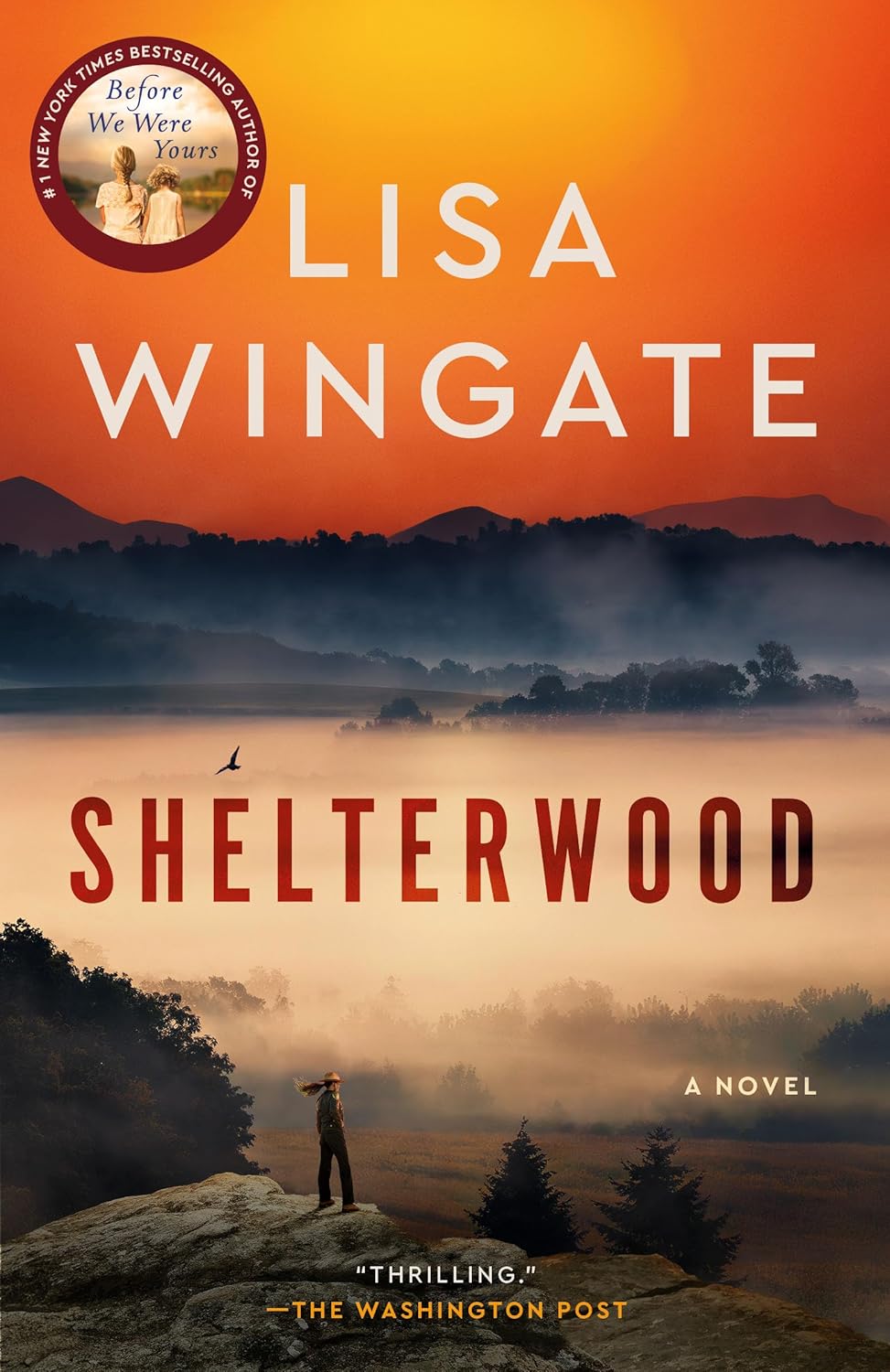What nonfiction books is your group reading this year? Email [email protected] if you'd like to share your selections. We'll feature a nonfiction reading round-up in a future RGG.com blog post.
 In 1990, I was working as a counselor for recovering addicts in Santa Barbara when the Feds came knocking on my door. I had long since quit the business, but they had finally caught up to me for my years of smuggling drugs. I was sentenced to ten years at Terminal Island Federal Penitentiary in Los Angeles Harbor.
In 1990, I was working as a counselor for recovering addicts in Santa Barbara when the Feds came knocking on my door. I had long since quit the business, but they had finally caught up to me for my years of smuggling drugs. I was sentenced to ten years at Terminal Island Federal Penitentiary in Los Angeles Harbor.When I walked into Terminal Island, everything I feared about prison seethed before me. I was led into a "movement-stopped" yard, alone, cuffed, confronted by a line of guards stretching diagonally across the yard preventing any inmate from passing. This always happens when a chain of prisoners arrive from various lockups. It is to prevent someone who is already in prison from attacking an enemy who may be about to check in. In the "check-in process" they establish if you need to be in protective custody, in the event there is some one or group on the yard who may have a problem with you.
As I was a self-surrender, I showed up on my own, being driven there by friends; but no less precautions happen for a single, newly-arriving prisoner. As I looked over, beyond the line of guards, I saw every type of curious prisoner, muscles, tattoos, hostile looks, laughs and pointing, taunts, cries of "Hey fish." My enemy mind was going a mile a minute, all trajectories leading toward my personal demise, or destruction. So, I had to get out of it, my head that is. On the way to my bunk, I saw a broken pencil and a sheet of paper on a book-free tumble-down book case. It occurred to me that if I was to write down everything I heard and felt, then I would give shape to these ghosts that I was projecting (for that is what fear is, ghosts), and with some shape, they become manageable. I wasn't planning on writing anything but words to save my life/mind.
As I wrote down what I heard happening around me, I thought it might be an interesting process to write the stories of the major, delineating, course-committing events in my life, in a chronological manner, so that I could sniff the tracks which led me to such an address. It can be a useful exercise, I have determined, to smell/see/know from whence I come, and if I don't like where I am, I can realign the pieces going forward. You know what "they" say, if I want different results in my life, then I need to do things differently.
It helps to have a renewed and fresh comprehension of the path traveled, so that I can self-correct. The trouble with a lot of guys in prison, their perfectionism has made them inert. If only they could truly inhabit the understanding that a plane which travels from here to L.A. is off course almost all the time, but in a constant state of self-correction, because it examines the track where it really is, and the track where it wishes to be, and makes the desired changes. It is almost always on one side of the desired line or another but constantly seeking the line. Only when we examine our movement in a similar fashion can we stay closer to our true course, allowing for a reasonable deviation from the path.
Writing is a life-saving device. Nothing is more informative of me to me than that. Perhaps that is why I sometimes avoid it like the plague...sometimes I just don't want to know.
---Brian O'Dea







